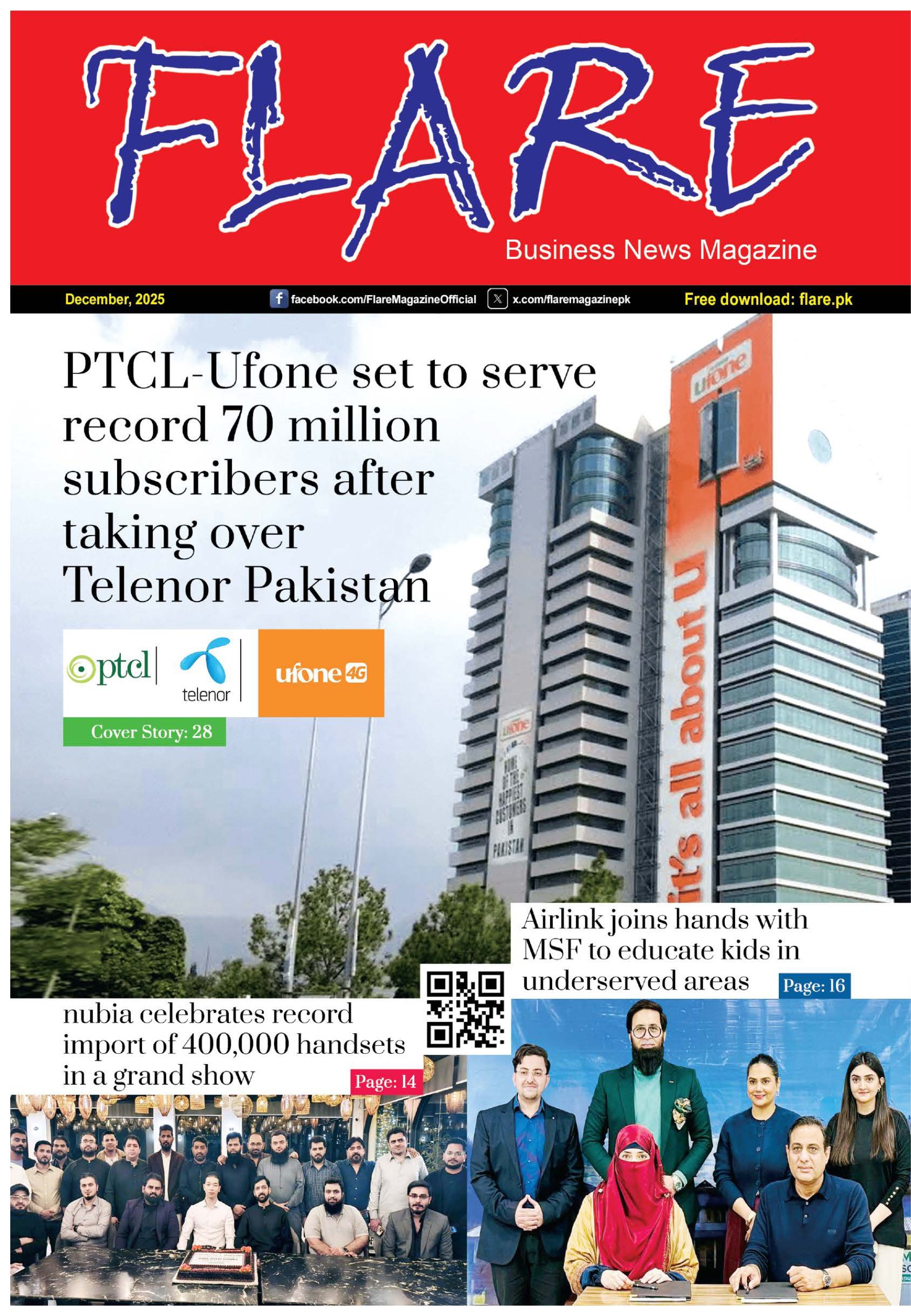Dadabhoy Institute of Higher Education Leads Futures Training in Pakistan
A Two-day Working Sessions on “Karachi Futures” Conducted, Enabling Futures Thinking and Strategy Development, Participants Concludes to Position Karachi as the “Emerald of the World”.
Lahore: 1st November 2017–Dadabhoy Institute of Higher Education (DIHE) along with AGAHI, the country partner of the Millennium-Project, a Global Futures Studies & Research participatory think-tank conducted a two-day leadership session on Futures Thinking and Strategy Development; the working sessions were designed and delivered by Professor Sohail Inayatullah, UNESCO Chair of Futures Studies. Dadabhoy Institute of Higher Education organized one of the first of its kind futures sessions in Pakistan focused on Karachi Futures’. Inviting leaders from business, politics, media, civil society and academia.

RabiaDadabhoy, Vice Chairman for the Dadabhoy Institute of Higher Education (DIHE) said, “we are proud to mark that DIHE is taking a lead on Futures Research in Pakistan, we are confident that this will create research avenues for the foresight techniques and research thinking. This is the right platform that creates multiple opportunities for collaboration and co-creation; doing this with AGAHI in partnership on Pakistan Foresight Initiative; Karachi Futures is a step in that direction”.

The objectives of the designed sessions were to explore future methodologieswhich could help alleviate the multitude issues the city faces. The participants were engaged in various futures methods and were asked to apply them on the city, these included the futures triangle, causal layered analysis, macro and micro scenarios, visioning and back-casting. The sessions were designed to help the participants understand and develop a familiarity with methods used to develop preferred, probable and possible futures; particularly changes in societal values and other critical drivers – impacting the future and to help enhance the effectiveness to deliver desired visions.Puruesh Chaudhary Founder and President AGAHI, said “the recently launched, Pakistan State of Future Index, gives a sense of how decisions in the country need to be made; Karachi being the financial hub needs a new metaphor and working with DiHE; we feel that this is the platform which can create the momentum where citizenry participation is at the heart of all decision-making in the city.
Professor Sohail Inayatullah, United Nations Educational, Scientific and Cultural Organization (UNESCO) Chair of Futures Studiesstated “Karachi can play a pivotal role in the future of cityscape by forming an alliance of Asian megacities that will collectively look towards solving the pressing issues they face within, helping grow Pakistan’s value regionally and internationally whilst transforming Karachi as the ‘Emerald of the World’”.
The sessions were attended byjournalists,AfshanSubhoi,Mubashir Zaidi, SohaibJamali, Syed Naeemuddin; Academicians Dr. AadilNakhoda, Dr. Saad Ahmed Khan, Dr. Arsalan Khan, DrSaadLiaquat, EntreprenuersAbid Butt, Roger Dawood Bayat, Amir Jahangir whilecivil society was represented by Syed FaizanYasir, Salman Javed, Lt-General (Retd.) Farooq Agha, ShaziaIsmat Zaidi, HabibUllahDadabhoyamongst others
Dadabhoy Institute of Higher Education (DIHE) was established in the year 2003. It received Charter as Degree Awarding Institute by the Government of Sindh, through an act of the Parliament. In 2005, DIHE was recognized by the Higher Education Commission and placed in top grade i.e. W ’A’ category institutes. TheDIHE mission is to facilitate growth and prosperity amongst all sections of our society. DIHE offers various undergraduate, graduate and postgraduate programs in Business Administration, Computer Science, Engineering, Basic & Applied Sciences, and Law. At DIHE, no student is denied admission due to financial need. Since the day of its inception, DIHE has been regularly awarding merit scholarships and need-based financial help to students irrespective of their religion, gender, caste or creed. The ultimate objective is to provide quality education at affordable cost.

![IMG_1262[1]_1](https://i0.wp.com/flare.pk/wp-content/uploads/IMG_12621_1.jpg?resize=696%2C487&ssl=1)

